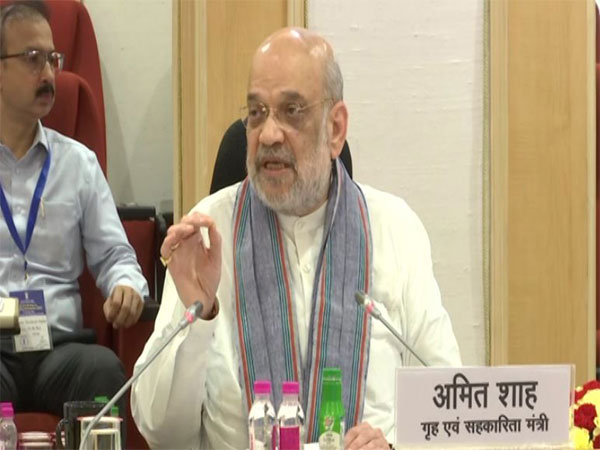Zero Tolerance Policy Towards Terrorism
Union Home Minister Amit Shah announced the ban on X (formerly Twitter), highlighting the zero-tolerance policy towards terrorism championed by Prime Minister Narendra Modi. Shah stated, “Pursuing Narendra Modi Ji’s policy of zero tolerance towards terrorism, the MHA today declared Hizb-Ut-Tahrir as a terrorist organization.” He added that the group is involved in various acts of terrorism, particularly in radicalizing gullible youth and seeking to establish an Islamic caliphate by overthrowing democratically elected governments.
“The outfit is involved in various acts of terror, including radicalizing the gullible youths to join terrorist organizations and raise funds for terror activities, posing a serious threat to the national security and sovereignty of India. The Modi government is committed to securing Bharat by dealing (with) the forces of terror with an iron fist,” Shah emphasized.
A Global Threat to Democracy
The MHA’s official notification explained that Hizb-Ut-Tahrir aims to establish a global Islamic State and caliphate, including in India, by using jihad and terror to overthrow democratic governments. The ministry pointed out that HuT had been working to radicalize Indian youth, urging them to join terrorist organizations like ISIS, and actively raising funds to finance terror activities.
HuT’s influence spreads through its active use of social media platforms and secure communication apps, which it exploits to promote terrorism and extremist ideologies. The organization’s radicalizing strategies make it a severe threat to the democratic structure and internal security of the country.
NIA’s Crackdown on HuT Operatives
The ban follows a series of operations led by the National Investigation Agency (NIA), which recently launched a crackdown on HuT members in Tamil Nadu, arresting key suspects involved in promoting secessionist ideologies and spreading disaffection among the public. The MHA noted that this is just one of many steps to prevent the radicalization of Indian youth and to dismantle terrorist networks in the country.
HuT’s Global Presence and Bans in Other Nations
HuT was founded in 1953 in Jerusalem and has spread across various countries in the Middle East, Asia, and beyond. Over the years, several nations, including Russia, China, Pakistan, Turkey, Saudi Arabia, Egypt, and even Bangladesh, have banned HuT due to its involvement in terrorist activities. India, however, had not officially banned the organization until now.
In recent years, India has become more proactive in combating terrorism and dismantling networks that attempt to destabilize the country. Shah’s statement about dealing with terrorist forces “with an iron fist” underscores the government’s commitment to ensuring national security.
A Geopolitical Balancing Act
Interestingly, while India has now banned Hizb-Ut-Tahrir, its stance on other militant groups like Hezbollah and Hamas remains complex. Despite pressure from international allies like Israel to declare these groups as terrorist organizations, India has refrained from doing so, largely due to its delicate relations with Iran, a key supporter of Hezbollah and a vital geopolitical partner for India in the region.
Countries like Australia, Canada, Germany, and members of the Gulf Cooperation Council (GCC) have designated Hezbollah as a terrorist group, and flying its flag in these nations can result in arrest. However, India has not taken such a stance, mainly due to its strategic interests in maintaining stable relations with Iran, from which it previously imported crude oil and with whom it has a strong partnership in projects like the Chabahar port and the North-South Transport Corridor.
This balancing act highlights the nuances of India’s foreign policy, as it seeks to counter terrorism domestically while preserving essential international partnerships.
Conclusion
The ban on Hizb-Ut-Tahrir represents a significant moment in India’s ongoing fight against terrorism and extremism. As the country strengthens its counterterrorism efforts, the message is clear: India will not tolerate any threats to its democracy, sovereignty, or internal security.

